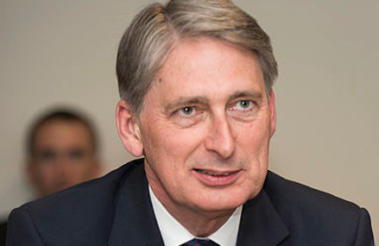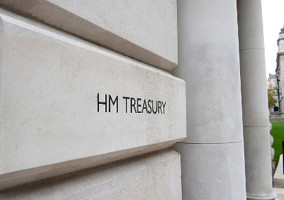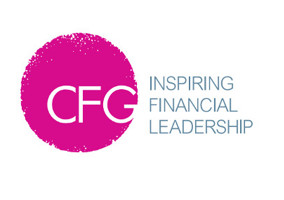Ahead of the Budget charities have urged the Chancellor, Philip Hammond, to address anomalies in the tax system that they say are holding charities back.
The Charity Finance Group has urged the government to set up a working party in partnership with charities to look at how irrecoverable VAT could be eliminated.
CFG said that Brexit means that “it is likely that charities are going to need to do more to support beneficiaries, despite increased cost pressures,” but that the government also had the opportunity to address issues related to irrecoverable VAT.
Irrecoverable VAT, the gap between what the sector pays and the amount it receives, is estimated to be £1.5bn. The government has previously indicated that the European Union rules make it difficult to address the issue.
CFG said: “The tax system should be fair to charities, and resources should not be wasted due to complexities within the VAT system that was not designed with the unique position of charities in mind.”
The government has previously set up rebate schemes for particular types of charities, including hospices, blood bikes and search and rescue charities.
It has also called on the government to eliminate insurance premium tax for charities and increase business rates relief for charities in its submission to the Treasury ahead of the Autumn Budget, which takes place on 22 November.
‘Wider strategic review’
The Charity Tax group has also called on the Chancellor to address the issue of irrecoverable VAT and called for a “wider strategic review”.
In its submission it said: “Many charities have taken over, or are willing to take over, the delivery of public services outsourced by governmental bodies, often because they are best placed to do so. However, the current system creates a disincentive to this outsourcing because the charity’s charge to the public body will include the charity’s irrecoverable VAT thereby increasing the public body’s costs by 20 per cent.”
It suggested that the government take forwarded recommendations from the Office of Tax Simplification’s Review of VAT.
CTG also called on the government to establish a proposed HMRC Charity Tax Forum working group to look at the “cumulative financial burden” on charities.
Replace EU funding with grants
Separately the Association of Charitable Foundations backed NCVO, Acevo and UK Community Foundations’ call for EU funding for charities to be replaced.
In a letter to the Chancellor, Carol Mack, chief executive of the ACF, said: “Currently, UK charities alone receive around £300m per annum from the EU. It will be important that in any successor programmes, funding is made accessible to charities and social enterprises, so that they can make an even stronger contribution to the UK’s future prosperity and social cohesion.”
ACF told government that it should consider making funding available as grants.
“Voluntary sector organisations overwhelmingly prefer grant funding and believe it provides increased scope for personalisation and innovation,” it said. “Additionally, it is likely to be significantly better value-for-money for government to design and deliver than a payment-by-results approach.”
It said several of its members have offered to help the government design successor funds to “maximise their effectiveness and where possible, alignment with philanthropic funding”.
ACF also backed NCVO, Acevo and UKCF’s suggestion that dormant assets should be used to endow community foundations.
Related articles












